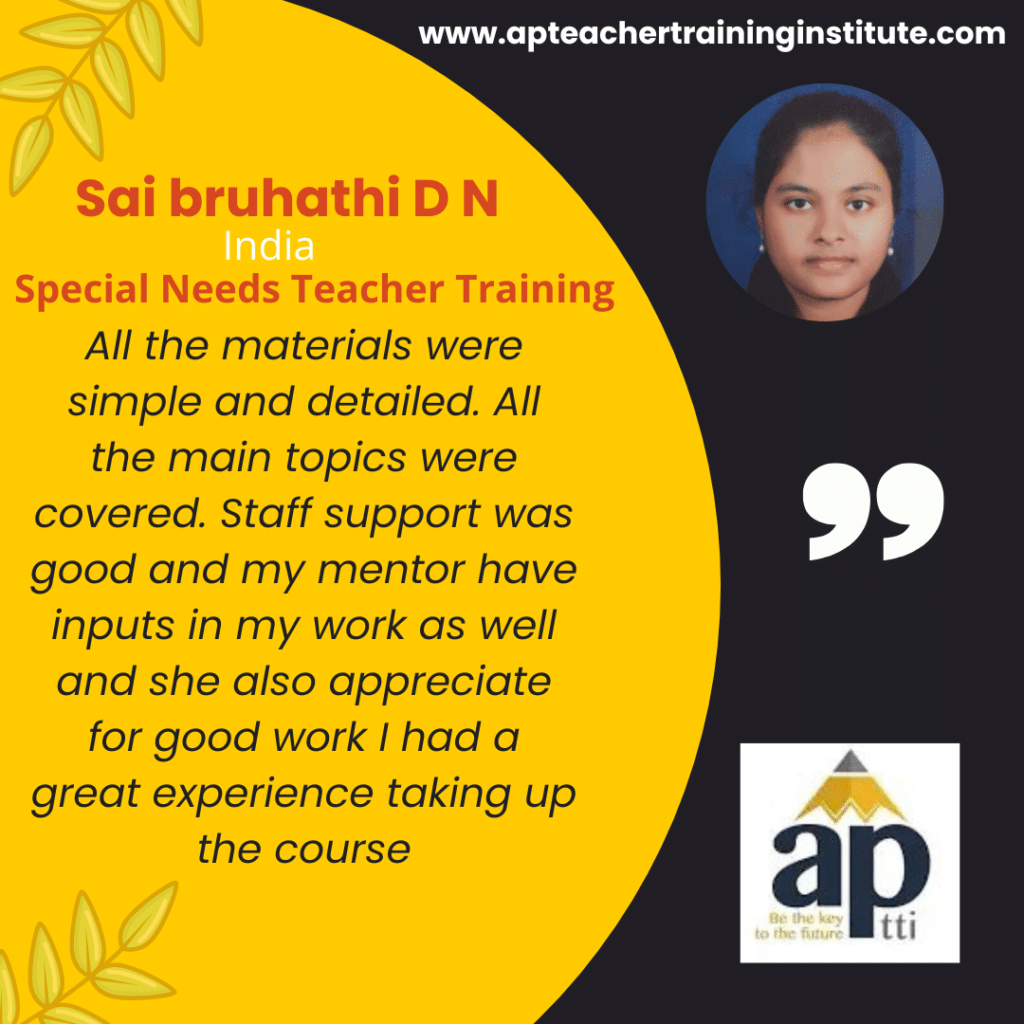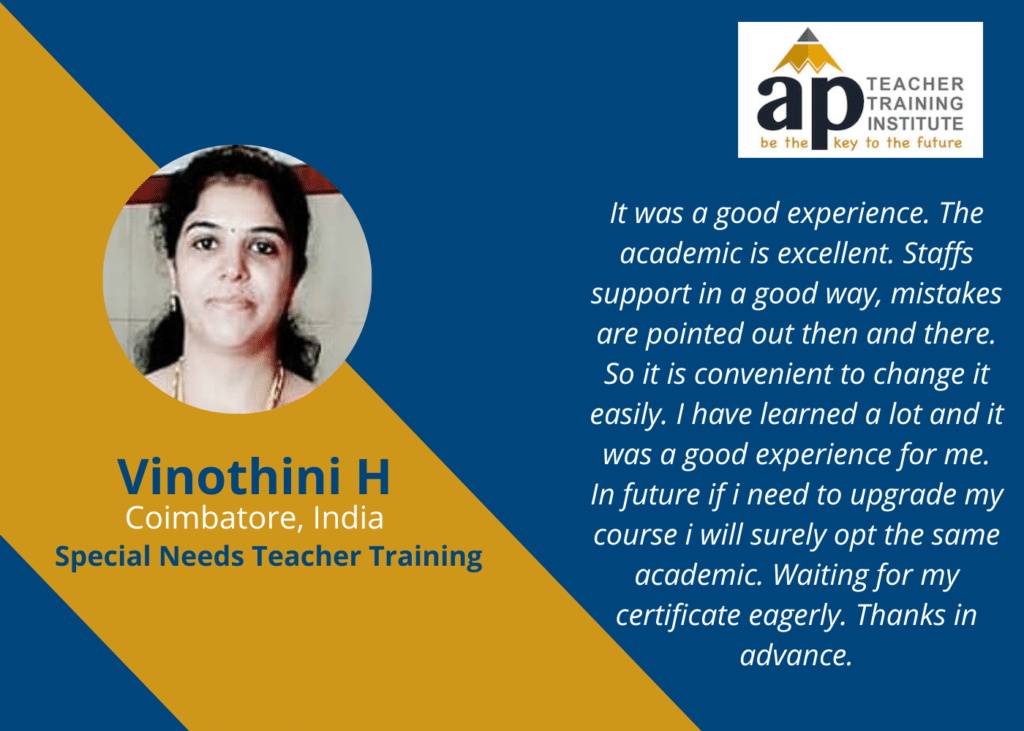Special Education Law & Ethics: Essential Online Courses for Teachers
In today’s inclusive classrooms, understanding Special Educational Needs (SEN) is no longer optional—it’s essential. Every child deserves an education that recognizes their unique potential and provides equal access to learning opportunities.
To make this a reality, educators must be well-versed in Special Education Law and Ethics. These frameworks help teachers navigate the legal responsibilities and ethical decisions involved in supporting students with disabilities or learning challenges.
Understanding Special Education Law and Ethics
Special Education Law outlines the legal rights and safeguards for students with disabilities, ensuring that no child is denied quality education due to their needs.
It covers key areas such as:
- Rights of students under national and international education acts
- Legal responsibilities of teachers and schools
- Implementation of Individualized Education Plans (IEPs)
- Non-discrimination and accessibility requirements
- Parental and guardian involvement
Ethics, meanwhile, provides the moral compass for educators—teaching them to respect confidentiality, foster equality, and act in the best interests of every student.
Together, these two elements create the foundation for a fair, inclusive, and compassionate learning environment.

Why Choose Special Educational Needs Online Courses?
Online learning has transformed professional development for teachers, offering flexibility and accessibility without compromising on quality.
Here’s why special educational needs online courses are ideal for modern educators:
Flexible and Self-Paced Learning
Study from anywhere and at any time, balancing your professional and personal life seamlessly.
Comprehensive Curriculum
Developed by education experts, courses cover everything from legislation to classroom practice and ethical decision-making.
Globally Recognized Certification
Earn a qualification that strengthens your resume and increases your career prospects worldwide.
Real-World Application
Courses are designed around practical scenarios, case studies, and real examples from inclusive classrooms.

What are the main career opportunities available after completing SEN training?
Graduating from a special educational needs training program opens new doors in the education field.
| Career Role | Description |
| Special Education Teacher | Teach students with diverse learning needs using adapted materials and techniques. |
| SEN Coordinator (SENCO) | Lead inclusive education strategies within schools. |
| Learning Support Assistant | Provide tailored classroom support to students needing additional help. |
| Inclusive Education Advisor | Work with schools to improve accessibility and inclusion standards. |
| Education Policy Advocate | Collaborate with government or NGOs to promote special needs education reform. |
| Therapeutic Educator | Combine teaching and therapy to support emotional and cognitive development. |
Whether you wish to specialize in inclusive teaching or transition into leadership roles, this training empowers you to make a tangible difference in the education system.

What Are The Key Benefits of Studying SEN Online?
Here’s what makes their programs stand out:
- Self-paced study modules with lifetime access
- Guidance from international education professionals
- Interactive resources and real-world teaching simulations
- Globally recognized certification upon completion
Such programs help you become a confident, informed, and compassionate educator ready to meet every student’s learning needs.

What Are The Benefits of Special Educational Needs Training?
Educators who undergo SEN training experience:
- Enhanced classroom management and differentiation skills
- Stronger collaboration with parents and specialists
- Clear understanding of legal frameworks and ethical boundaries
- Improved emotional intelligence and cultural sensitivity
By developing these skills, teachers build inclusive classrooms where diversity is not just accepted—but celebrated.

Frequently Asked Questions (FAQ)
Q1. Who can take a Special Educational Needs Course?
Anyone with a passion for inclusive education—teachers, parents, caregivers, or aspiring educators—can apply.
Q2. What topics are covered?
Courses explore SEN legislation, inclusive classroom strategies, ethics, IEP development, and child psychology.
Q3. Are online SEN courses recognized globally?
Yes, certifications are widely accepted by schools and education institutions around the world.
Q4. How long does the course take?
Typically, a certificate-level program takes around 3–6 months, depending on your learning pace.
Q5. Will it help me find better job opportunities?
Absolutely. SEN training enhances your career prospects, qualifying you for specialized and leadership roles in inclusive education.
Apply Now: Take the Next Step in Your Teaching Journey
If you’re ready to transform the way you teach and support every learner, now is the time to take action.
Explore Special Educational Needs Courses available online and choose the one that aligns with your career goals.
These programs are not just about gaining certification—they’re about gaining confidence, compassion, and the knowledge to make a genuine difference.
Conclusion: Building a More Inclusive Future Through Education
Education shapes societies—and inclusive education strengthens them. By completing a Special Educational Needs Course, you’re not just upgrading your qualifications; you’re committing to equality, empathy, and lifelong learning.
With the right training in Special Education Law and Ethics, you can empower yourself to advocate for students who need your voice, guidance, and understanding.
True teaching isn’t just about instruction—it’s about inclusion.
Equip yourself today to make education accessible for every child, everywhere.


